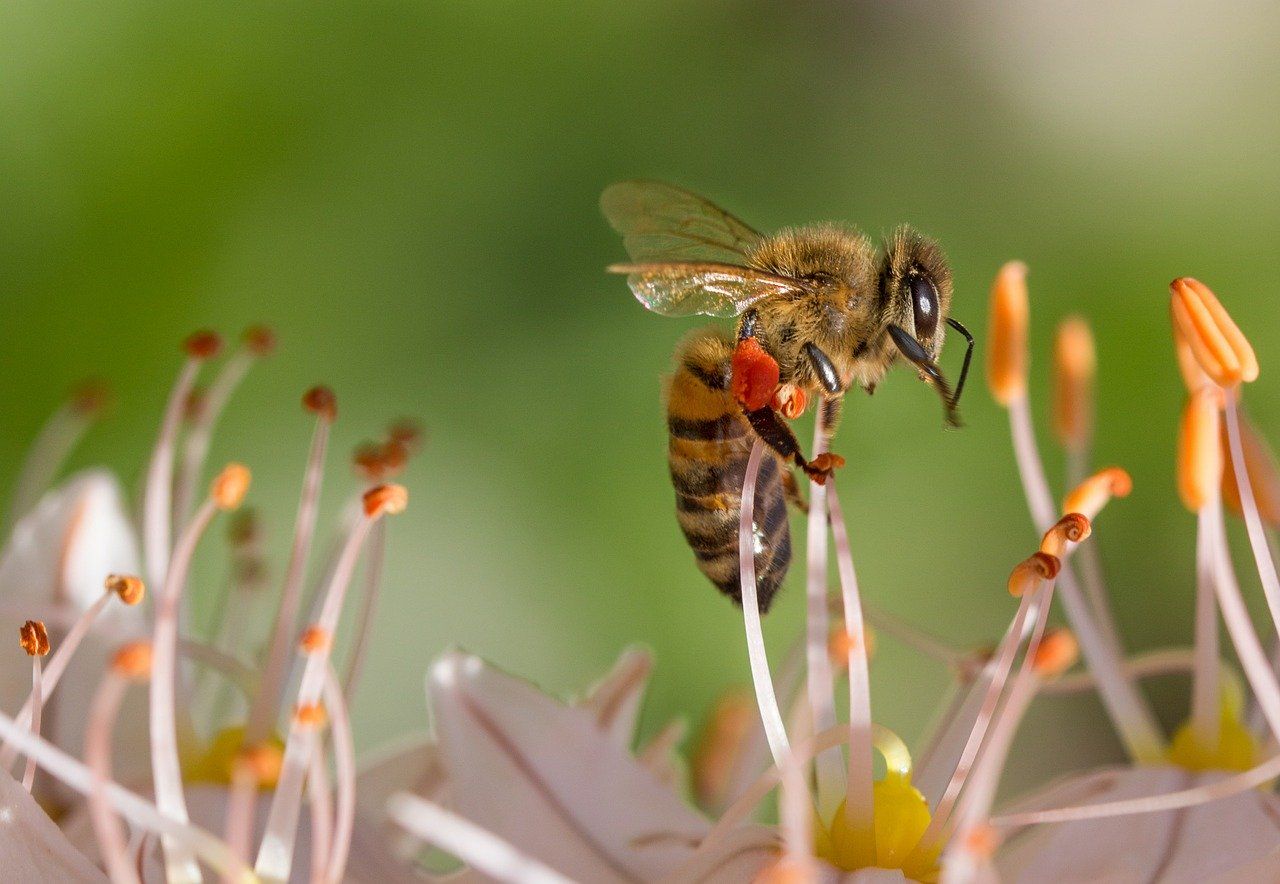Preparing your hives for spring
Spring is almost here. Here's how to get your bees up to speed.
Believe it or not, spring is on its way. It may feel cold and miserable where you are, but before you know it, new leaves will be unfurling, flowers will be sprouting – and bees will be venturing out of the hive in search of new-season nectar. After a long, chilly winter, they need to rebuild their honey supplies and boost their colony numbers.
Although spring is a time of growth and resurgence for bee colonies, it can also be risky. The most common subspecies in Australia, Italian honey bees, are particularly vulnerable during early spring. This is a result of their breeding patterns – a few warm days can be enough to trigger increased breeding in late winter or very early spring. If winter weather comes back, the increased population is harder to feed – and the colony can starve if there isn’t enough food available.
Reducing the risks to your bees and setting yourself up for success requires doing a bit of work before winter ends. You’ll need to inspect your hives for honey supplies and signs of invaders, prep your hive gear for an expanding population, and monitor your queens for weakness or loss.
With spring on its way, it’s time to get started.
Get advice if you need it
Beekeeping is about looking at patterns over time, which can be difficult when you’re first starting. The onset of spring and the severity of weather conditions vary from region to region, so advice from locals is always your best bet.
If this is your first spring taking care of a hive, it’s a good idea to talk to an experienced beekeeper about what to expect. Your local bee club is often a good place to find one.
Get your gear ready
Before winter, most beekeepers reduce the size of their hives to make them easier for bees to maintain. In spring, you do the reverse as the population grows and your bees start to produce honey.
So you’re not left scrambling for gear, it’s best to get organised well before the beginning of spring. Buy or build new boxes and frames, clean and repaint existing ones if they need it, and think about building a spare hive in case one of your colonies swarms. You should have at least one spare hive box – with frames – for each hive, just in case. Make sure your bee suit is in great shape and check your other hive tools for damage.
Check on your colony
Because spring is a risky time for bee colonies, it’s important to check on them well before the end of winter.
Look for:
- Plenty of brood and eggs – this shows that your queen is healthy
- A solid brood pattern – holes or a patchy pattern can be signs of disease
- Reasonable population numbers and increasing movement in and out of the hive
- Full honey frames
If your bees seem weak or have very little honey left, you may need to supplement their food supplies with sugar syrup or a protein powder (pollen supplement).
If your queen seems weak, you may need to requeen the hive – or be prepared for a swarm later in the season.
Identify infestations and disease
Colonies tend to be weakest at the end of winter, making them more vulnerable to disease and pest infestations. When you check your hives, look for signs of infestation or illness. Australia has several pests and diseases that can damage colonies if left untreated. Beeaware.org.au has a comprehensive list of established pests and related symptoms. It’s best to read up and make yourself familiar with these pests and diseases, spotting them in your hive early can prevent significant losses in your apiary.
Be prepared
When it comes to beekeeping, being well-prepared – and even over-prepared – is better than reacting to changes in the hive when they happen. Checking your colonies, sorting your gear, and treating any issues will set your bees up for a successful spring and summer – and they’ll thank you in the form of a great honey harvest in a few months.
Looking for winter beekeeping supplies or advice? Talk to the experts at Ecrotek.

